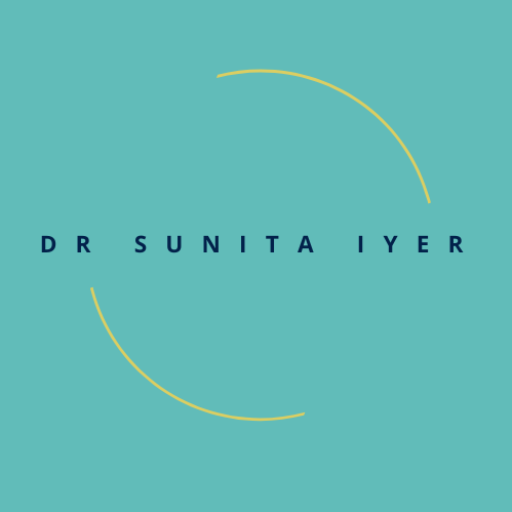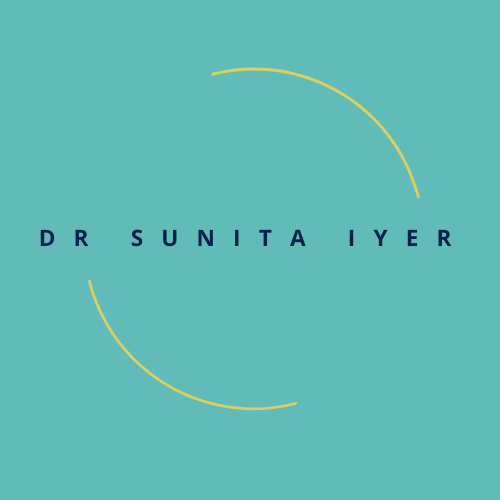A new mom and her baby had come in for their first well-child visit and her son was just 3 days old. Mom was tired and overwhelmed as many new parents are. She was sitting by the window, changing her son’s diaper and just watching him, and she sighed a long, heavy sigh. And just gazed at her son quietly as he wiggled around. There was no slow smile or beaming pride. Just deep sadness.
What clinical guidelines, healthcare, and social convention tell us is that she was exhibiting signs of postpartum depression. While that may also have been true, she was also exhibiting signs of deep grief and loss.
I looked at her across the room and just said to her, “You don’t have to love this. Or even like it.” I said that for her, but also for the hundreds of people I had sat with before her for whom the sadness was enveloping. She looked at me in surprise, “Really?” She sighed again, but this time with a slow smile, and said, “Thank you.”
What is often disclosed to me by new parents is that postpartum engenders isolation, being untethered, disembodiment, and a contemplation of mortality. Could this many people really have postpartum depression? Is it possible that this many people opt to transition to parenthood, and meet some or all the criteria for a mental health concern? Or is there another way to understand what this mom and thousands like her are experiencing?
What other process in our life looks like heavy sadness and defeat, and flattens us to the wall?
Grief and loss. Losing someone we love. Losing ourselves. My curiosity is whether we can reframe the postpartum transition as a grief process. As a natural life event, but of loss. What if our culture, our healthcare delivery, and policies all viewed and cared for postpartum people as grieving people?
I consider the grace that we offer people who have lost a loved one: the length of time and freedom that they are given to grieve, the expectation of being changed and never quite being the same, and the ability to go deep and dark but not have it be inherently pathologic. There is a freedom in that. A deep breath and a slow smile.



